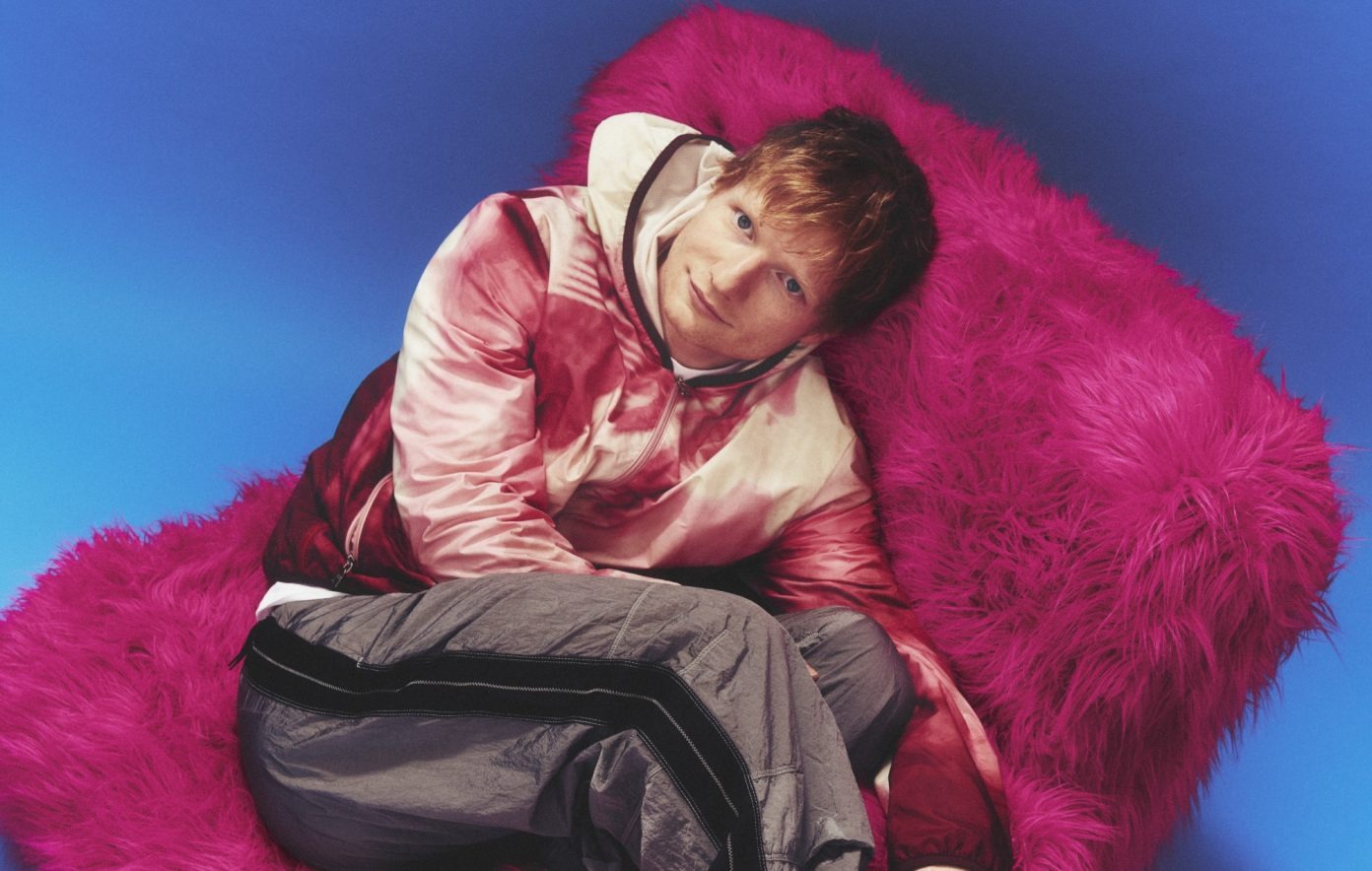Ed Sheeran’s Latest Album ‘Play’: A Bold Comeback or a Familiar Retreat?
In a music world constantly chasing the next big thing, Ed Sheeran remains a figure both celebrated and scrutinized, navigating the highs of global superstardom and the lows of relentless criticism. His latest release, Play, marks a fascinating chapter in his musical journey—a project that reveals a man wrestling with his past, his present, and the shadow of the future.
Since bursting onto the scene with acoustic charm and heartfelt storytelling, Sheeran has never been one to shy away from experimentation. His 2017 smash, ÷ (Divide), was a kaleidoscopic blend of genres: from Irish jigs to Ghanaian highlife rhythms, it was an audacious departure from typical pop fare, hinting at a restless creative spirit eager to explore the unfamiliar. Yet, this adventure was met with mixed reactions; some adored the boldness, others found it jarring. Still, it worked, netting him a place among music’s elite.
Fast forward to 2023’s Autumn Variations, an album critics and fans alike found disappointing—described as dreary and uninspired, it was a stark contrast to Sheeran’s earlier vitality. This dip in reception seemed to signal a moment of creative stagnation. Yet Ed, known for his resilience, appears undeterred.
Play arrives with a promise of revival. Early singles like Azizam and Sapphire hinted at a renewed appetite for musical exploration, embracing Persian and Punjabi influences with collaborations that broadened his sonic palette. But when the album drops, listeners are met first with Opening, a fragile ballad that quietly unsettles. The lyrics are raw and deeply personal: mourning, gratitude, and defiance all intermingle as Sheeran lays bare moments of profound loss and courage.
There’s an edge to his delivery too—a breathless rap flow that, while unexpected from someone with his background, commands attention. He touches on the plagiarism battles that have dogged him, asserting his victories with pointed clarity. This admission, tinged with vulnerability and defiance, adds a layer of authenticity that’s hard to ignore.
The album is a tapestry of moods and styles. There’s soul in tracks like A Little More and The Vow, while Heaven drifts into folktronica reminiscent of Bon Iver’s haunting landscapes. Perhaps the most surprising is Don’t Look Down, a pulsating psytrance track produced by Fred Again, which injects a futuristic, almost cinematic energy into the mix. It’s a soundscape that could easily accompany a sci-fi thriller, showing Sheeran’s willingness to venture beyond the expected.
But Play is also a reflection of grief and healing. The loss of Jamal Edwards, Sheeran’s close friend and rap entrepreneur, reverberates through songs like Old Phone, inspired by a haunting text message from Edwards. There’s also a poignant thread addressing the harrowing experience of his wife’s illness during pregnancy, a testament to personal trials shaping artistic expression.
While Play doesn’t quite recapture the daring genre-hopping of ÷, it is a heartfelt, if uneven, effort to reclaim creative vitality. The balance between the melancholic ballads and experimental forays leaves listeners oscillating between nostalgia and curiosity—wondering where Sheeran’s musical compass will point next.
This album also marks the start of a new series themed around remote control buttons—a quirky, somewhat puzzling concept that has fans speculating about what “Pause,” “Stop,” or “Record” might bring. Is it a metaphor for control, change, or perhaps the fragmented nature of modern life?
In the end, Play is more than just a collection of songs—it’s Ed Sheeran grappling with fame, loss, and the relentless demand for reinvention. Whether it signals a new era or a temporary retreat into familiar territory, one thing is certain: the journey is far from over.
